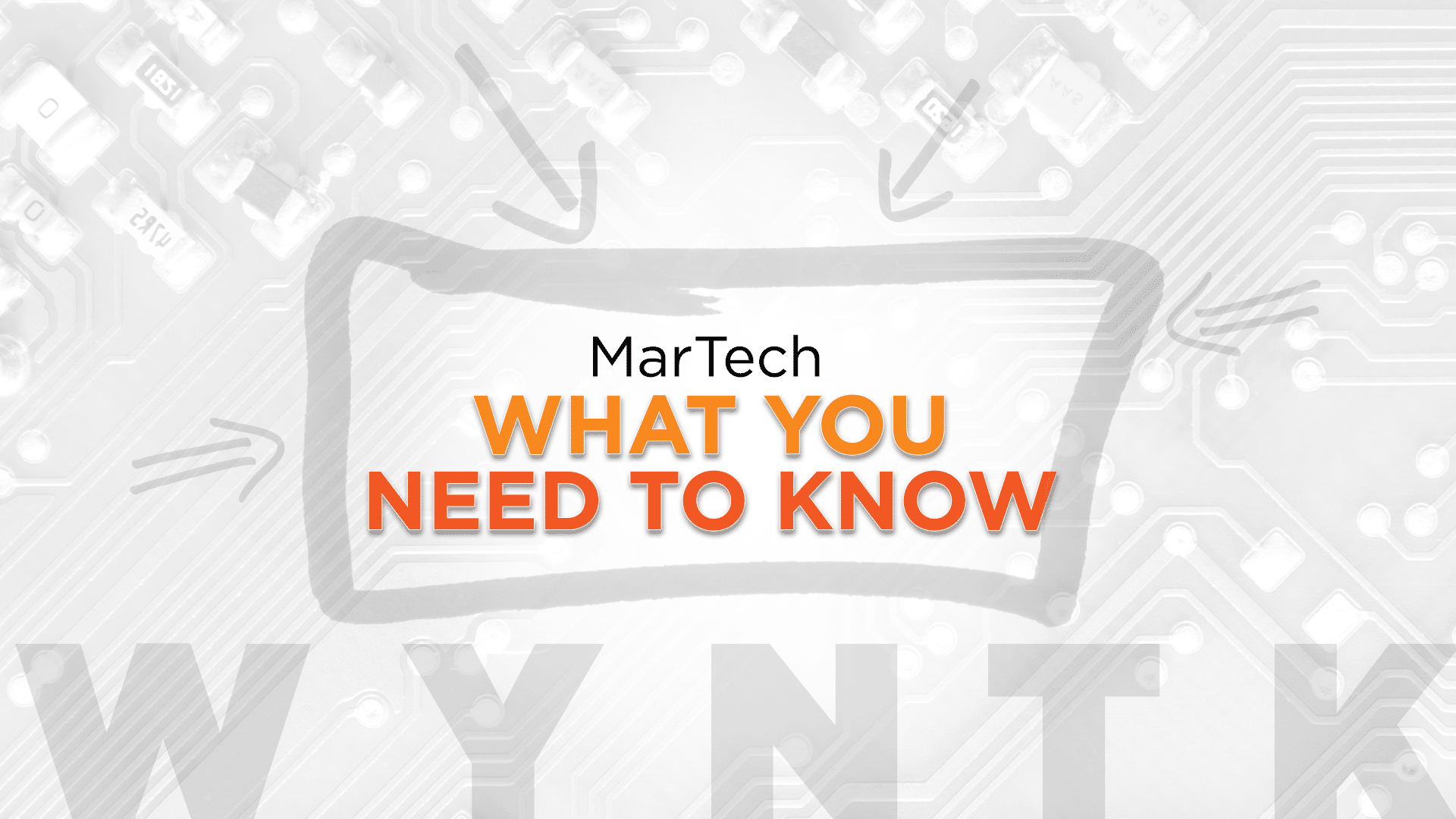
"A data clean room is a secure environment where two or more parties can bring their data together to run analysis without actually revealing any sensitive or raw data to each other."
"Clean rooms are becoming popular because they make it easier to comply with privacy laws while still gaining value from data."
"Data clean rooms let companies run analytics and performance insights using aggregated and anonymized data, thereby reducing legal risk and limiting exposure in the event of a breach."
"The outputs from data clean rooms are usually aggregated, showing overlap in audiences, but do not reveal individual users, ensuring privacy protections are maintained."
Data clean rooms provide a secure setting for multiple parties to analyze data collaboratively while keeping sensitive information private. By utilizing privacy technologies such as hashing and encryption, users can upload and analyze anonymized data without compromising individual identities. This approach aids companies in complying with privacy regulations while leveraging data analytics for various applications, including data cleansing, attribution, and predictive analytics. Clean rooms enhance data control and significantly reduce the risks associated with data breaches.
Read at MarTech
Unable to calculate read time
Collection
[
|
...
]